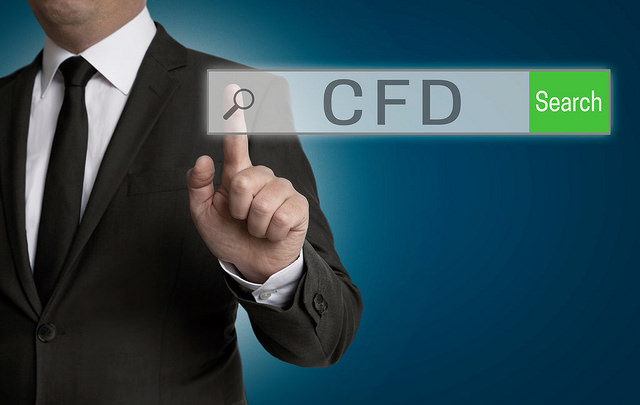The move to online trading has increased the number of instruments retail investors can trade, and has enhance your ability to speculate on the direction of multiple markets. The introduction of contracts for differences, has helped forex brokers add significant value to their trading platform by allowing traders to diversify away from trading only forex, by adding indices, commodities and shares to the instruments they provide to their customers. Contracts for differences, allow traders to take directional positions without experiencing some of the baggage associated with futures or stocks.
What is a Contract for Difference
A contract for difference, is a financial instrument where you pay or receive the difference between where you purchased the underlying instrument and where you eventually sell the instrument (or vice versa). For example, if you purchase Apple at $150 and sell it at $155 the difference is $5. In theory, there has to be a winner for every loser, but in practice there are traders who might be hedging their exposure to Apple stock price, by hedging using a contract for difference. This occurs more frequently during earnings season when a company is announcing financial results. Most reputable forex brokers will help you learn about online trading of contracts for differences in their education section.
There are several benefits of trading contracts for differences, relative to stocks or futures. When you trade the stock market using shares, you are purchasing the stock or short selling the stock. When you purchase a stock, the leverage you can receive is relatively subdued. For example, in the United States, a retail broker can offer you 1.5 time the dollar value of the shares you own. For example, if you purchase 1 share of Apple at $150, the broker can lend you an additional $75 to purchase more shares of Apple. This compares to leverage of 10 or 20 to one if you purchase an Apple contract for differences. This means to purchase the equivalent of 1-share of Apple, you will need to post $15 (at 10:1 leverage) or $7.5 (for 20:1 leverage).
If you plan on shorting Apple shares, to speculate that the price of the shares will move lower, you will have to borrow the shares from your broker. Most liquid stocks allow you to borrow, but you will need to post margin that is like purchasing the shares as you will need to buy them back. When you trade a CFD, on Apple shares the leverage is like buying the CFD. One of the benefits to purchasing actual shares is that you receive a dividend, but this can work against you if you want to short the shares. If you are short, you are responsible for paying the dividend.
CFDs relative to Futures
When you purchase a futures contract, you need to be aware of whether the contract is for physical delivery. Yes, you can be forced to purchase the underlying instrument if you take a physically delivered commodity contract into settlement. Oil and natural gas futures contracts are some of the commodity contracts that have physical delivery. When you trade CFDs on commodity contracts, you are only responsible for the price difference which makes these instruments easier to trade.
Online trading of CFDs allow investors to take positions in stocks, indices and commodity without experiencing the risks associated with futures or individual shares. CFDs provide greater leverage, but do not pay dividends.



